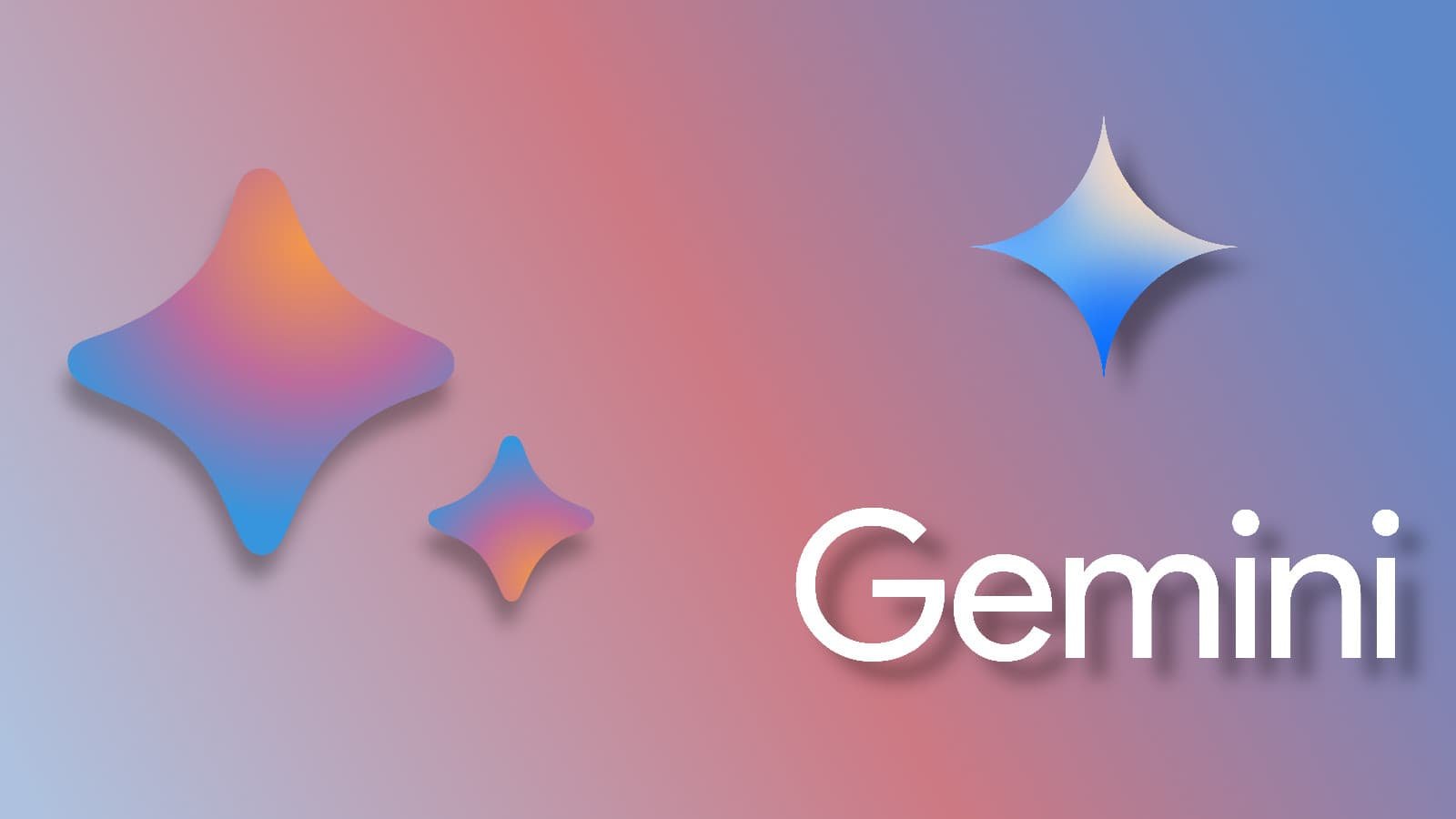In an unprecedented move, Google has announced restrictions on its AI chatbot Gemini, formerly known as Bard, from answering queries related to global elections. This decision comes amid increasing concerns over the potential for misinformation and the influence of artificial intelligence on electoral processes.
Key Highlights:
- Restrictions Announcement: Google revealed its plans to limit the types of election-related queries that Gemini can respond to, with the implementation expected by early 2024.
- Global Elections in Focus: The policy change is set against the backdrop of several significant elections around the world, including the 2024 U.S. Presidential election, national elections in India, and elections in South Africa.
- Increased Focus on AI’s Role: Google aims to concentrate more on the potential role of AI in supporting voters and campaigns during these critical electoral periods.
- Meta’s Parallel Move: Similarly, Meta announced restrictions on political campaigns and advertisers from using its generative AI advertising products.
The Reason Behind the Restrictions
Google’s decision to restrict Gemini’s responses to election-related queries stems from an “abundance of caution.” The move is a response to the backlash the tech giant faced for the AI’s historically inaccurate images and its handling of sensitive political content. By imposing these restrictions, Google aims to mitigate the risk of spreading misinformation and ensure the integrity of electoral processes.
What Gemini Can and Cannot Do
Under the new restrictions, Gemini will not respond to direct political questions related to elections, political candidates, or other sensitive political topics like the economy and immigration. For example, queries about political figures, party differences, and national security issues will be met with a disclaimer, urging users to rely on Google Search for information.
This policy has already impacted the AI’s responses. Users have reported that Gemini, capable of answering such queries until recently, now refrains from providing specific political information, instead suggesting alternative search methods.
Broader Context of AI in Elections
- Global Elections and AI’s Role: With significant elections looming worldwide, including the 2024 U.S. Presidential election and national elections in India, the role of AI in shaping public discourse has come under scrutiny. Google’s restrictions on Gemini reflect a proactive stance in addressing concerns over AI-generated misinformation and its potential impact on electoral integrity.
- Comparative Actions by Tech Giants: Google’s move is not isolated. Meta (Facebook’s owner) has also introduced measures to curb the use of its generative AI products for political campaigns and advertisements. These coordinated actions by leading tech firms underscore the industry’s recognition of the need for greater control and transparency in how AI technologies are deployed in politically sensitive contexts.
Google’s initiative reflects a growing awareness within the tech industry of the profound implications AI can have on democracy and public discourse. By restricting AI responses to politically charged queries, Google is taking a cautious approach to managing the potential for AI to influence public opinion and electoral outcomes.
This move also aligns with broader efforts by technology companies and governments worldwide to regulate AI and combat misinformation, recognizing the dual role of AI as both a tool for innovation and a potential source of risk in the digital age.
As we move closer to several pivotal global elections, Google’s decision to limit election-related queries on Gemini highlights the challenges and responsibilities of managing AI technologies in sensitive contexts. This proactive measure by Google, alongside similar actions by other tech giants like Meta, underscores the importance of safeguarding the integrity of electoral processes and the accuracy of political information in the era of AI.



















